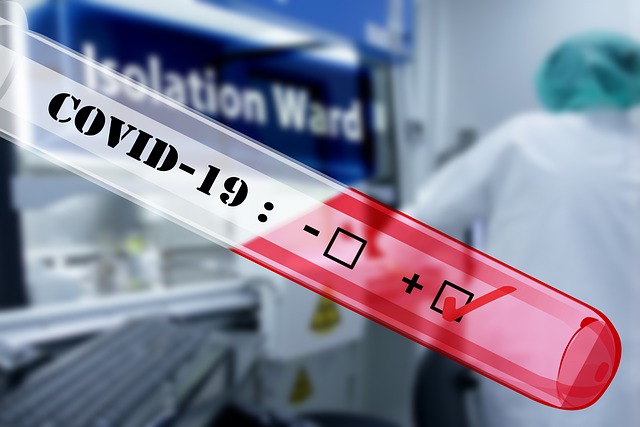First Canadian case of new COVID-19 variant confirmed in British Columbia
VANCOUVER – First case of the new highly mutated variant of Covid-19 in Canada: health officials in British Columbia, the province where the case was detected, announced on Tuesday. The presence of the variant, dubbed BA.2.86, has indeed been confirmed in the Fraser Health region and involves a person who had not traveled outside the province, according to a joint statement by provincial health officer Dr Bonnie Henry and the Minister of Health. Healthcare of British Columbia, Adrian Dix. “So far there appears to be no increase in severity of this strain of Covid and the individual is not hospitalised,” the same statement read.
The new variant was first detected in Denmark in July and has since been confirmed in several countries, including the United States. The World Health Organization has classified BA.2.86 as a “variant under monitoring” due to the presence of a large number of mutations. The agency described the variants under surveillance as those showing the first signs of a “growth advantage” over more dominant circulating variants and requiring further evidence of their possible impact.
“It was not unexpected that BA.2.86 showed up in Canada. The level of risk to people in British Columbia does not change as COVID-19 continues to spread globally and the virus continues to adapt,” British Columbia health officials said. “Reducing transmission and having high levels of protection through vaccination continues to be our best defense against all variants of coronavirus. Vaccinated people are less likely to become seriously ill with COVID-19 or require hospitalization.”
The Province said the detection of the variant reflects its own Covid-19 surveillance efforts, including ongoing testing and new wastewater surveillance – notably the latter has yet to detect any other cases of the variant and so far subvariants EG.5 and XBB 1.16 are still the most common in the province. In addition, the latest British Columbia wastewater data, collected Aug. 13-19, showed that Covid-19 viral loads decreased at Metro Vancouver wastewater treatment plants, while they remained stable or increased slightly in Vancouver Island.
As of Aug. 3, there were 76 people in hospital with Covid-19 in British Columbia, down sharply from more than 300 at the end of April. However, the provincial government aims to launch the next immunization campaign in September or October, using a monovalent vaccine designed to target the XBB 1.5 variant.
The National Advisory Council on Immunization still recommends a fall booster vaccine, particularly for people over age 65, those living in long-term care homes, pregnant women, or people who are at high risk for other pathologies.
Meanwhile, the Public Health Agency of Canada is also monitoring the spread of the BA.2.286 virus, looking for any other cases in the country.
Pic by Gerd Altmann from Pixabay




